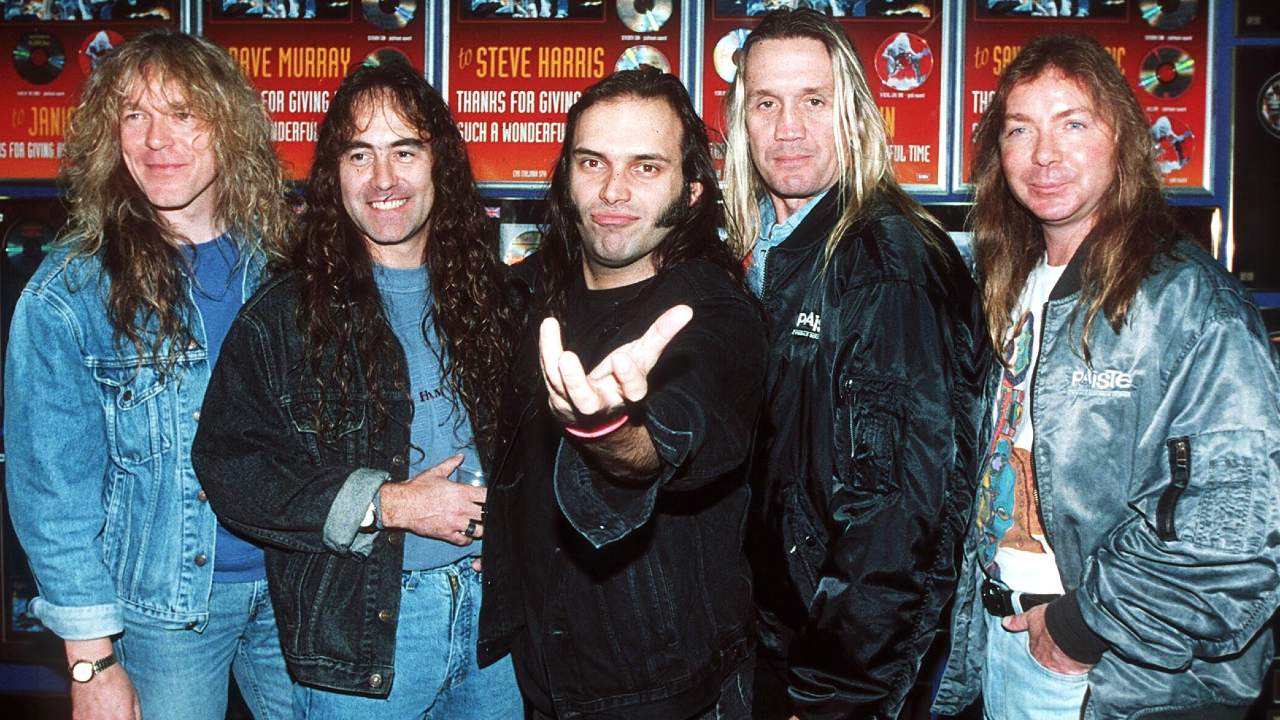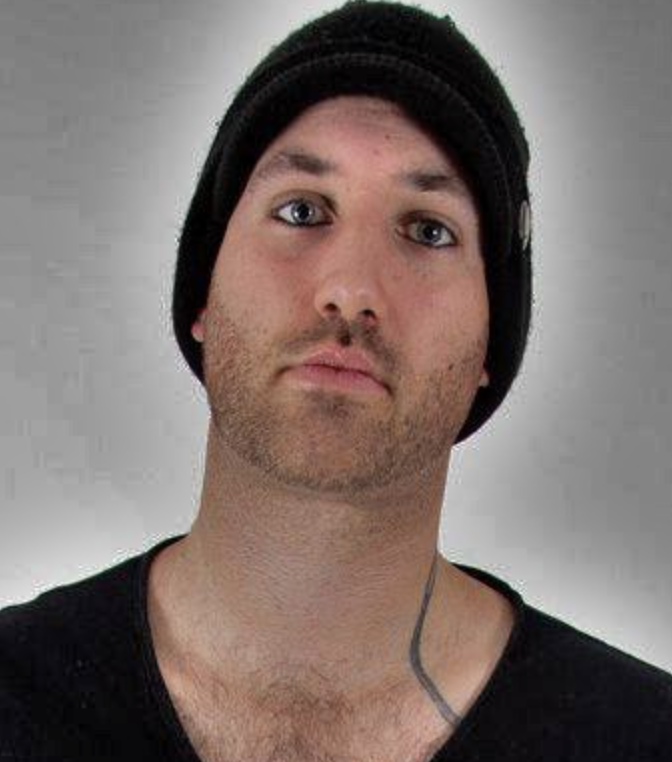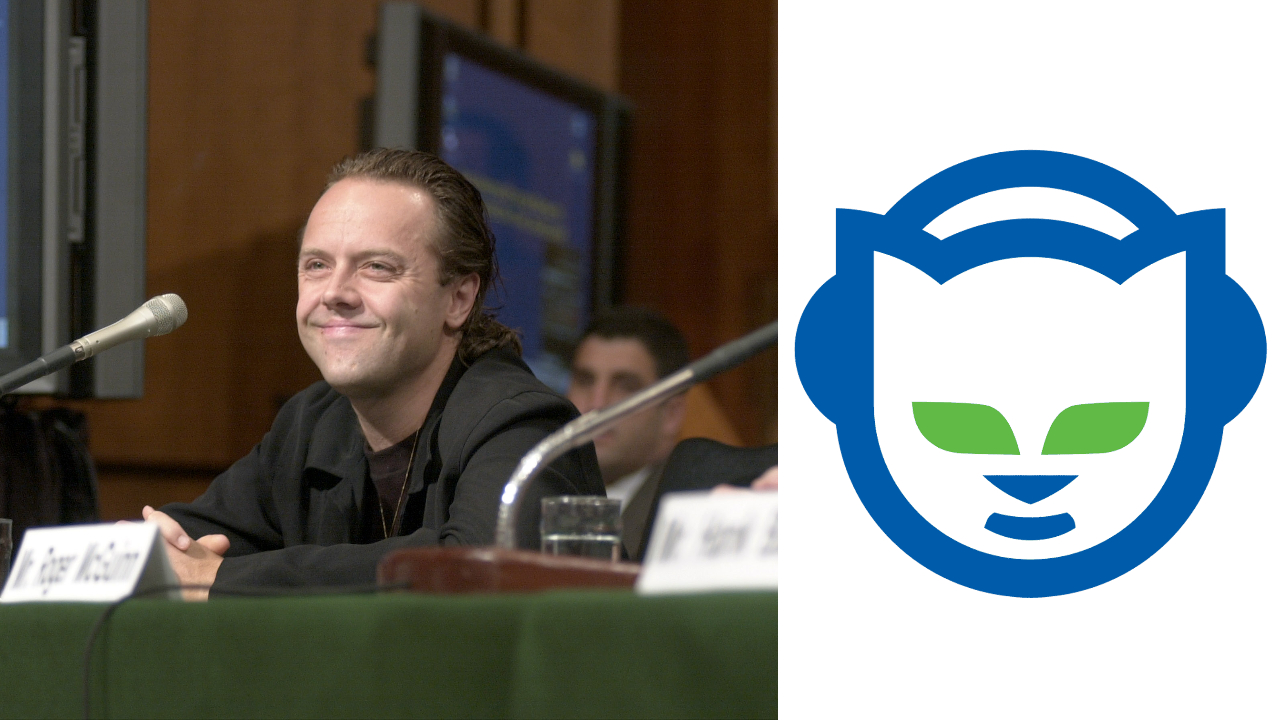“To promote an album and play some football, it’s the ultimate for me”: The bizarre story of the time Iron Maiden became a football team
In 1998, Iron Maiden tried to promote Virtual XI by putting on football games with journalists and professional players. It was all a bit weird.

It’s fair to say that the 90s weren’t the best decade for Iron Maiden. After the British metal heavyweights lost iconic vocalist Bruce Dickinson in 1993, his replacement Blaze Bayley’s first album, 1995’s The X Factor, got a lukewarm reception from fans and critics. So, in late 1997, when Maiden returned to the studio to record their 11th LP, they hoped it would be the record that steered the ship back in the right direction.
Unfortunately, it didn’t happen. Virtual XI often tangles with No Prayer For The Dying at the bottom of “Iron Maiden albums ranked” lists – and, looking back, the entire idea behind it does a pretty good job of highlighting what went wrong. The band pushed for the more thematic concepts of bygone opuses like Seventh Son Of A Seventh Son, but confusingly tried to tether the disparate worlds of VR and football.
“Here on the front cover, you’ve got a kid playing a virtual reality football game,” bassist Steve Harris explained at the time. “But [immortal Maiden mascot] Eddie is reaching around behind him, but because he’s playing the game, he doesn’t know what’s going on.”
Harris was famously on the books of his beloved West Ham United as a youngster, before giving it up to become one of the most famous figures in heavy metal. He still retains a love for the game though, and with the album’s release coinciding with the 1998 World Cup in France, Maiden decided to give Virtual XI an extra twist.
“We figure our fans are pretty much the same as we are, with pretty much the same interests,” Harris is quoted as saying in Mick Wall’s 2004 Maiden biography Run To The Hills. “So we thought, ‘It’s World Cup year in ’98. Let’s get the football involved in the new album.’ And we were already working on a computer game at that time [1999’s Ed Hunter], so we thought, ‘Well, let’s bring that element into things, too.’”
Beyond Virtual XI’s cover, Maiden achieved this crossover in the CD’s sleeve booklet. They included a picture of the band all kitted up alongside some of the biggest footballers of the era: clown prince of 90s football Paul Gascoigne, England hardman Stuart Pearce, French midfielder Patrick Viera, flying Dutch winger Marc Overmars, Columbian forward Faustino Asprilla and arch poacher Ian Wright. Quite the team.
“They’re all world class international players… and we’re not basically,” laughed Harris.
Sign up below to get the latest from Metal Hammer, plus exclusive special offers, direct to your inbox!
Quite what any of this actually had to do with the album, it’s hard to say. But, it didn’t stop Maiden from deciding that they were going to do a whistlestop tour across Europe promoting the album – not by playing songs, but by having a kickabout with various invited journalists and industry folk. Dates were announced – starting at Steve Harris's Essex manor house on March 8, 1998 – where Maiden's team was augmented by Terry Butcher and fellow England international Neil Webb – with games in Paris, Stockholm, Madrid and Milan in the aftermath. The band was clearly taking it seriously, going as far as to create a trophy for the winners of each game.
“We’ve had a lot of fun with this album,” Harris grinned at the time. “Basically it’s my favourite things. To be able to go out and do promotion on this album and play some football games, it’s the ultimate for me.”
“We keep telling people we’re going to go out on the piazza, play a game and have a party afterwards,” added guitarist Janick Gers. “People can’t believe it, they think it’s a great idea, it ties in really nicely with the World Cup coming up.”
It seemed too good to be true, the implication being that the world-class lineup you saw on the inlay of the Virtual XI album were going to be heading off on tour with one of the world’s biggest metal bands. But… right in the middle of the season? Surely Arsene Wenger would have something to say about all of this!
Obviously, many of the dream side Maiden put together in the artwork were too busy preparing to win Premier League titles and World Cups that year, and none pictured played with Maiden in the games. Still, the band did manage to attract a few notable former players to join them.
“We’ll have a couple of ex-pros playing, people like Terry Butcher and Paul Mariner, who are actually big fans of the band,” said Harris. “Terry Butcher used to come and see us when he was at Ipswich and then when he moved to Glasgow Rangers he always came to the shows. They were really pleased to be asked, we think we’re not worthy, but they actually feel the same way. So, it’s nice.”
Evidence of the games themselves is thin on the ground. There are a couple of news clips from the game in Madrid, where a bunch of Maiden fans seem more interested in doing a Mexican wave and getting autographs from the band. There was also a match at a depressingly small indoor sports hall in Stockholm, where a tiny handful of metal fans headbang to Maiden’s latest whilst they kick off against a team including former Swedish internationals Anders Limpar and Glenn Hysen. The Maiden team’s only defeat of the tour was in front of a couple thousand fans at the 120,000-capacity Stadium Of Light in Lisbon.
Ultimately, much like the Virtual XI album itself, it was all a bit confusing and a little underwhelming.
Still, if you are looking to collect a very niche piece of Maiden memorabilia, the official Iron Maiden Football Challenge 1998 trophy for the game in Essex on March 8 is available for purchase on Ebay for £625. At time of writing, it has zero bidders.
The good news is that all of this worked out OK in the long term. A mere two years after the odd football experiment, Dickinson returned, his comeback album Brave New World reintegrating Maiden’s more majestic side. Meanwhile, Bayley was able to embark on a prolific solo career and, nowadays, is more respected as a talented singer who held the fort during the band’s darkest days. Virtual XI still isn’t great but, like the Iron Maiden football team during their 1998 games, you can’t win them all.


Stephen joined the Louder team as a co-host of the Metal Hammer Podcast in late 2011, eventually becoming a regular contributor to the magazine. He has since written hundreds of articles for Metal Hammer, Classic Rock and Louder, specialising in punk, hardcore and 90s metal. He also presents the Trve. Cvlt. Pop! podcast with Gaz Jones and makes regular appearances on the Bangers And Most podcast.

